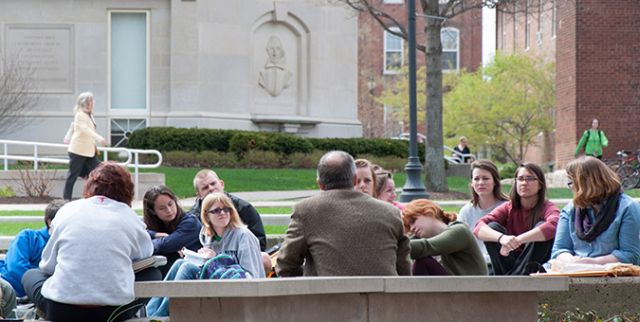
Philosophy Faculty Publications
Document Type
Article
Publication Date
Spring 2010
Publication Source
Transactions of the Charles S. Peirce Society
Abstract
There is general consensus that Randolph Bourne was right in his criticism of Dewey's support for U.S. participation in World War One. Bourne's central argument against Dewey was that war is inexorable. War cannot be controlled; pragmatist method becomes inoperable. Jane Addams largely agreed with Bourne, but would question his claim that war's inexorability is absolute. I will use Addams's participation with the U.S. Food Administration to show cracks in the inexorability of war and also to raise questions about the pragmatist grounding of Bourne's attack on Dewey. I argue that although Addams's participation with the Food Administration was in some ways morally ambiguous, it also demonstrated a more throughgoing, pragmatist understanding of democracy than Bourne's critique contained.
Inclusive pages
282-299
ISBN/ISSN
0009-1774
Document Version
Published Version
Copyright
Copyright © 2010, Charles S. Peirce Society
Publisher
Indiana University Press
Volume
46
Issue
2
Peer Reviewed
yes
eCommons Citation
Fischer, Marilyn, "Cracks in the Inexorable: Bourne and Addams on Pacifists during Wartime" (2010). Philosophy Faculty Publications. 141.
https://ecommons.udayton.edu/phl_fac_pub/141



Comments
This document is provided for download in compliance with the publisher's policy on self-archiving. Permission documentation is on file.